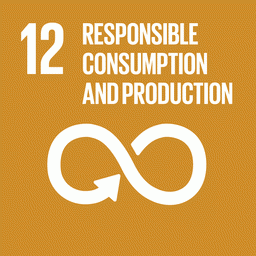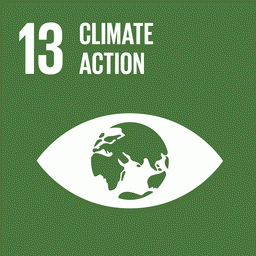Brazil is polarizing the debate on oil exploration in the mouth of the Amazon and is missing the opportunity to lead by example by switching from fossil fuels, which aggravate climate change, to biofuels.
The assessment was made by André Guimarães, executive director of IPAM (Instituto de Pesquisa Ambiental da Amazônia) during the event “COP 30: decisive moment for confronting the global climate crisis”, promoted in Belém by the newspapers “O Globo” and “Valor Econômico” and by CBN radio.
“This discussion is in the wrong place. We’re having a Fla-Flu, it’s yes or no to oil. What is the best investment for Brazil: drilling for oil on the Equatorial Margin of the Amazon or investing in biofuels?” he asked.
“Let’s look at the opportunities that climate change can bring to our country. For us, leading by example makes it possible to turn this around, generating income and jobs with the states that need royalties to develop.”
André Guimarães also spoke about the impacts of the climate emergency on agribusiness. “Historically, we have a correct distribution of rain. It rains when the grain has to germinate, and it stops raining when it has to harvest. But the current disorganization of the natural rainfall cycle, a consequence of deforestation, puts the planet’s food security at risk. In this scenario, the forest, the native vegetation, becomes a factor of production, and not an obstacle to be overcome in order to farm.”
IPAM’s executive director also presented solutions for reducing Brazil’s greenhouse gas emissions.
“Half of the country’s emissions come from deforestation. Around 90% is illegal. If we fight crime, if we stop deforesting illegally, we’ll solve almost half of Brazil’s emissions problem,” he emphasized.
The panel also brought together Helder Barbalho, governor of Pará; Paulo Artaxo, researcher at USP (University of São Paulo); and Rafaela Guedes, senior fellow at Cebri (Brazilian Center for International Relations).
Cover photo: Marcelo Freitas/IPAM

